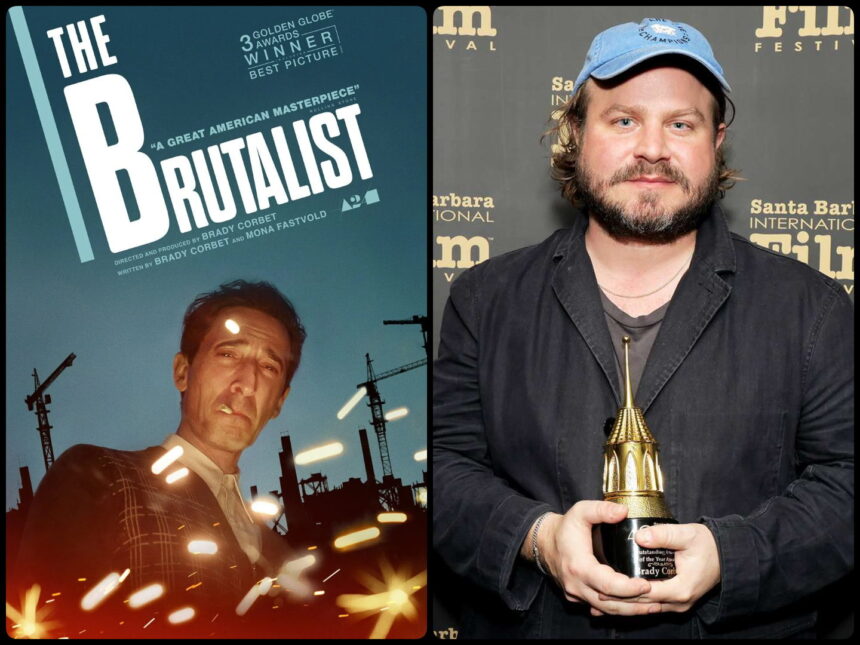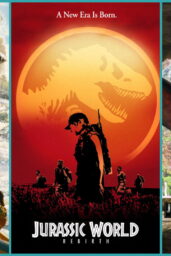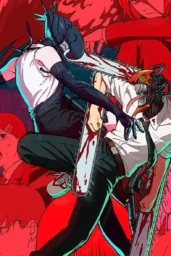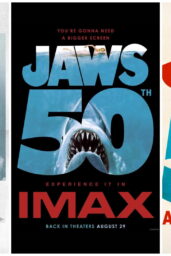In the heart of independent cinema, director Brady Corbet emerges as a true maverick. His recent film, The Brutalist, is not only an epic 3½-hour drama shot on 70mm but also a striking example of how passion can collide with financial reality. Ever wondered how a project made for under $10 million, complete with Oscar buzz, can still leave its creators with empty pockets? Let's dive into the curious case of Corbet's journey—a story where artistic vision meets the unforgiving economics of filmmaking.
Brady Corbet's approach to filmmaking is as ingenious as it is financially brutal. To keep costs in check, he cleverly leveraged tax credits by shooting in Hungary—a location where expenses mirror true market value, unlike the exorbitant costs of New York City. This strategic decision allowed him to stretch a modest budget without sacrificing his creative ambitions.
Yet, despite an Oscar nod and a whirlwind press tour spanning continents, Corbet revealed in a candid chat on the WTF Podcast with Marc Maron that the film hasn't made him a dime. “We had to just sort of live off a paycheck from three years ago,” he admitted, emphasizing that even a celebrated film like The Brutalist can fail to deliver financial security. Imagine dedicating months to relentless interviews—he mentioned doing “like 90 interviews last week”—only to find that passion doesn't always pay the rent.
This paradox isn't unique to Corbet. Across the indie landscape, many filmmakers are left grappling with the stark reality that artistic acclaim doesn't automatically translate to economic success. It's a reminder that while the industry applauds creativity on red carpets and at festivals, the everyday grind of making ends meet remains a hidden struggle for many.
Conclusion
In wrapping up, The Brutalist stands as a monument to visionary filmmaking, yet its financial aftermath poses serious questions about the sustainability of indie film production. As audiences and industry insiders alike marvel at its artistic depth, one can't help but wonder: Is the film industry doing enough to support its creative pioneers, or is the cost of art destined to be paid in personal sacrifice?
Personal Impressions
As someone who's followed the indie scene for years, I find Brady Corbet's story both inspiring and heart-wrenching. His dedication to creating a film that challenges conventional boundaries is nothing short of admirable. However, the stark reality of earning “zero dollars” on a project that garners Oscar attention exposes a glaring disconnect in our industry. It's maddening to see brilliant filmmakers forced to juggle creative passion with financial insecurity. This piece really hit home for me—it's a call to action for the industry to re-evaluate its support for true artistic innovation. How do we balance passion with a livelihood when even acclaimed art struggles to pay the bills?
Do you believe the film industry's current financial model can evolve to truly support independent filmmakers, or will creative passion forever be at odds with economic realities?












